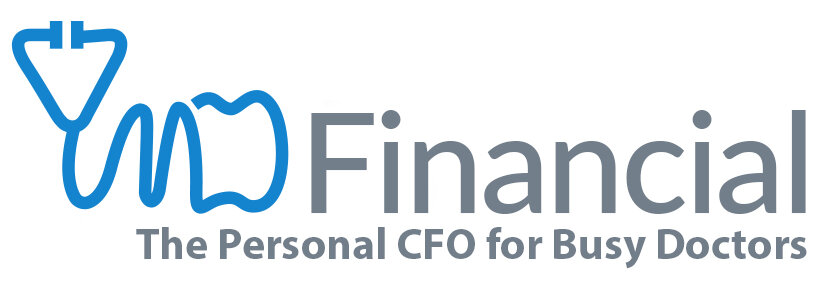There are many myths about college debt that we have bought into as a society, and it mainly comes from marketing. Marketing of colleges and banks who all benefit from you spending that money on your child’s education.
75% of college students are paying 56% below the “sticker price” for college expenses. Meaning, you don’t have to be spending an arm and a leg on college expenses either!
Back in April of 2021 we talked about maximizing SAT and PSAT scores as a means to get maximum college funding; in this episode we’ll be focusing on making your child more captivating to admissions boards and more qualified for scholarships.
Merit-Based Scholarships
What are schools looking for?
Pre COVID-19, roughly 10% of college admissions were test-optional. Why? If tests are optional, who isn’t turning in scores? Kids with lower scores. This lifts their average incoming test scores, and elevates the college’s impression. In the thick of COVID-19, 50% of schools went to test-optional. Why? Ultimately, ACT and college boards were not equipped to deal with remote testing. One note, test scores are still important for merit-based scholarships--even if they’re optional.
Extracurricular Activities
Colleges used to be looking for a jack-of-all-trades. Today, that candidate would be considered a master-of-none. Now they want to know what gets the applicant really going. What is their focus and passion?
Parents, pay attention to what your child’s interests are and changes in their attention/focai. Colleges are looking for: how does your child fit in? What kind of alumn are they going to be? Are they going to pass and graduate? This last one in particular will positively affect the school’s stats and standings. In relation to activities, they want to know where they can plug your child into their clubs/communities. How does your child demonstrate this? They have their passion show up in multiple areas of their application:
Honors/Awards
This can vary from being in Honor Society, to just simply being chosen in competition, auditions, or as an applicant in a program.
List of Extracurricular Activities
This is where they’d demonstrate learning in their passion.
Community Service or Paid Work
Volunteer work in their skill/passion. They can also tutor, run clinics, or camps in their area of expertise.
How do you get schools into a bidding war over your child?
1. Showcase your child as more than a score. Emphasize the impact they’ll have on campus.
2. Make sure they’re applying to similar schools so you can bargain with both schools, “What can you do to help make our minds up about your school?” This doesn’t just stop at free tuition but books, computers, or campus jobs.
There are more than 4,000 universities and state schools in the US. From that huge list, choose the school that wants your child!
GPA
Be sure your kids are prepared in high school. Colleges care more about grade performance and course rigor than a high number of Advanced Placement courses. They’ll probably only need about 2 AP courses, no need to burn them out. Side-note: not all colleges accept all AP course credits that your child passed.
If you don’t get 4.0 in all AP courses, they’re doing a disservice to their GPA, because colleges don’t implement a sliding scale for course difficulty. It’s just a straight GPA ranking. Have them take AP in their passion.
Essays
This should come 100% from your child; parents, refrain from over-editing. College admissions want a genuine expression of your child; something that is integral to who they are that is not represented in any other portion of their application.
Often there will be a supplementary, personal essay. If you already know something is incredibly important to your child, have them write about it ahead of time.
In conclusion, start planning early! The need for a high GPA in the appropriate classes in high school will put your child at an advantage later on when applying for college. Also, help them follow their passion and encourage expression of this in their college applications.
If you want to know more, email denise@getaheadoftheclass.com. Denise Thomas’ online course: “Cracking the Code to Free College” is available here. This is a 6-week online course, dedicated to parents of middle school and high school children. If you are a client of MD Financial, please reach out to us at info@mdfinancialadvisors.com to receive a discount on this course.
Listen on Apple Podcast, Google Podcast or Spotify
CONTACT US
1-888-256-6855
Remember that you can send us any questions at: Info@MDFinancialAdvisors.com
Katherine Vessenes, JD, CFP®, is the founder and CEO of MD Financial Advisors who serve 500 doctors from Hawaii to Cape Cod. An award-winning Financial Advisor, Attorney, Certified Financial Planner®, author and speaker, she is devoted to bringing ethical advice to physicians and dentists. She can be reached at Katherine@mdfinancialadvisors.com.

![Doctors, Get Your Kids through College Debt-Free, Part 2 [Podcast]](https://images.squarespace-cdn.com/content/v1/561feb4ee4b0de0eb30d6d3c/1638902092971-17XAMNP2KILQ5TSZ1BQ7/charles-deloye-2RouMSg9Rnw-unsplash.jpg)
